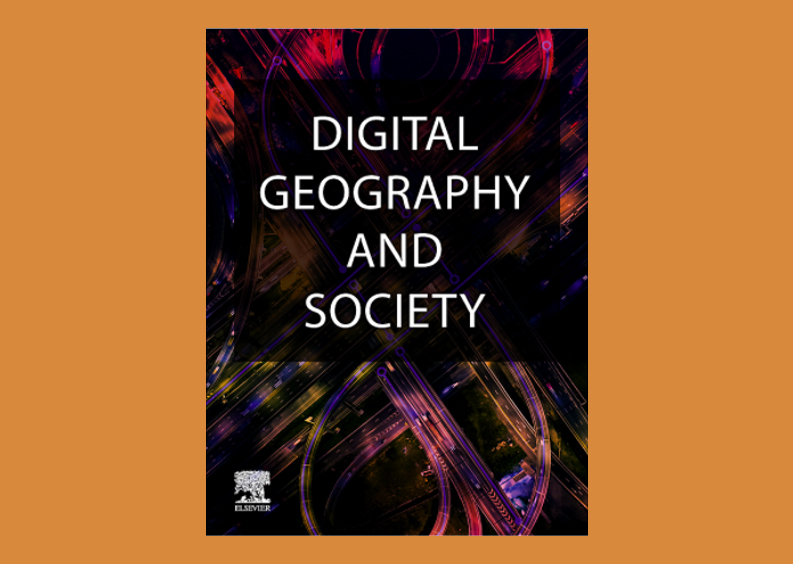ABSTRACT
Digital platforms are radically changing the way cities are shaped, inhabited, practised, imagined and governed. Urban areas are in fact ideal laboratories for experimenting platform-based approaches in a variety of domains: mobility (Uber, Waze), housing (Idealista, Zillow), tourism (Tripadvisor, Airbnb), food services (Yelp, Deliveroo), work (Upwork, MTurk), finance (Robinhood, Kabbage), education (remote learning platforms), urban planning and administration (IdeaScale, FixMyStreet, SafeLane), etc.; not to mention other biggest and more pervasive platforms, such as Amazon, Google, Facebook and social media. Despite their diversity, platforms often adopt similar logics based on a combination of crowdsourcing, datafication, algorithmic management, digital reputation, the exploitation of free or affective labour, network effects and surveillance (Srnicek, 2017; Van Dijck et al., 2018; Zuboff, 2019): a predatory and disruptive business model that extracts value from users (Mezzadra and Neilson, 2017) and their online/offline interactions, distributing such value unevenly among individuals, social groups, cities and different parts of a single city (Celata and Romano, 2020).
The Covid-19 pandemic has temporarily paused some of those processes e.g. in the domains of mobility and tourism but it is heightening our addiction to digital services and shifting the threshold between what can be done online and offline in favour of the former, with consequences that scholars, observers and cities have only begun to explore (Certomà, 2020).
The Special Issue wishes to contribute to the burgeoning literature on the new urban geographies produced through and by the digital (Ash et al., 2018), focusing on how platforms reproduce or alter socio-spatial hierarchies and inequalities, and entangle categories of identity, race, gender, class, and location, particularly in light of the consequences of the Covid-19 and the changing organization of cities and urban life in the (post-)pandemic scenario. The aim is to explore how the ownership, management and use of digital (hard and soft) infrastructures interact with the physical, economic, and social life of the city, and what the outcomes are in terms of distributive and spatial justice.
We encourage the submission of research articles that critically engage with the ‘platformization’ of cites and its socio-spatial implications from a variety of perspectives: from the urban political economy of platform capitalism to cultural and critical enquiries of internet-mediated imaginaries and identities.
FONTE
Accedi al numero monografico della rivista qui (forthcoming):
Celata F., Certomà C. (Eds)
Digital Platforms and Socio-spatial Justice in the (Post-)Pandemic City
Digital Geography and Society, Special issue (forthcoming)

